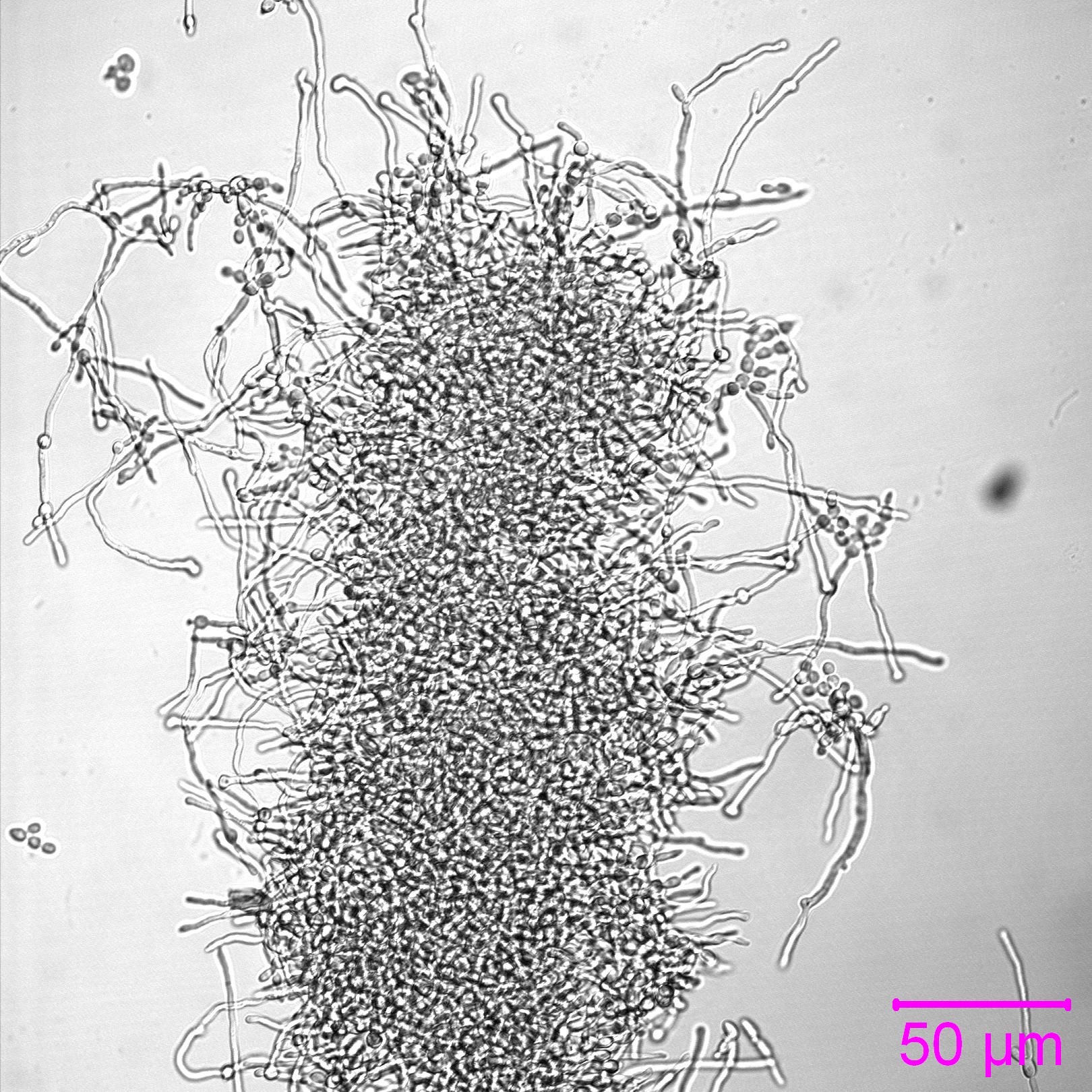Why does candida make us sick, and why is it so damn resilient?!?!
This article is an excerpt from Best Supplements To Kill Candida and Everything Else You Ever Wanted To Know About Fungal Infections.
Candida mutates and develops resistance towards treatment. It has been found that Candida Albicans has the ability to rearrange its genes and adapt to many methods of eradication that may be used against it, including antifungal medications, oxidative stress, and temperature increases.
When Candida has access to the bloodstream (which happens with a leaky gut), it can colonize in the sinus cavities, glands, and organs in the body, including the skin and the brain.
The cell wall of Candida is made up of mostly sugars and proteins. One of the sugars that make up the cell wall of Candida is called beta-glucans. Beta-glucans are also used as a structural building block for Candida biofilm. The beta-glucans can stimulate and suppress the immune system of the host.
Candida can bind to certain hormones, altering their shape so they’re no longer able to fit into their target hormonal receptors. This is one way Candida can manipulate the endocrine system and disrupt hormonal balance.
A healthy gut has a healthy biofilm made up of beneficial bacteria with a little bit of yeast. Healthy biofilm has a beneficial symbiotic relationship with our body. Candida also develops a biofilm.
Candida biofilm is the resilient, gelatinous matrix that Candida creates around itself when it colonizes tissue around the body. This biofilm allows Candida to grow while protecting it from the immune system. In other words, Candida uses its biofilm to suppress or activate the immune response of the host to adjust its environment.
Some Candida proteins look similar to gluten protein molecules, which also look similar to the proteins that make up our thyroid. This causes autoimmune disease.
Candida needs an alkalinity to survive. When it finds itself in an environment that is too acidic, like your gastrointestinal tract, Candida will release ammonia to lower the PH of the environment.
An abundance of Candida causes anxiety, depression, ADHD, and other a plethora of other mental health disorders. The toxins released by Candida can impair neurotransmitter production and neurotransmitter function an disrupt brain chemistry. Your thoughts, feelings, moods, and your way of seeing the world can be profoundly influenced by Candida.
Yeast needs energy. Sugar supplies this energy. If oxygen is low or non-existent (like in the middle of a ball of dough, or inside much of our body), yeast will produce carbon dioxide and ethanol, also known as alcohol.9 Alcohol levels can be so high in the body that the individual may actually be drunk, fail a breathalyzer test, and experience a hangover after the sugar is used up.
